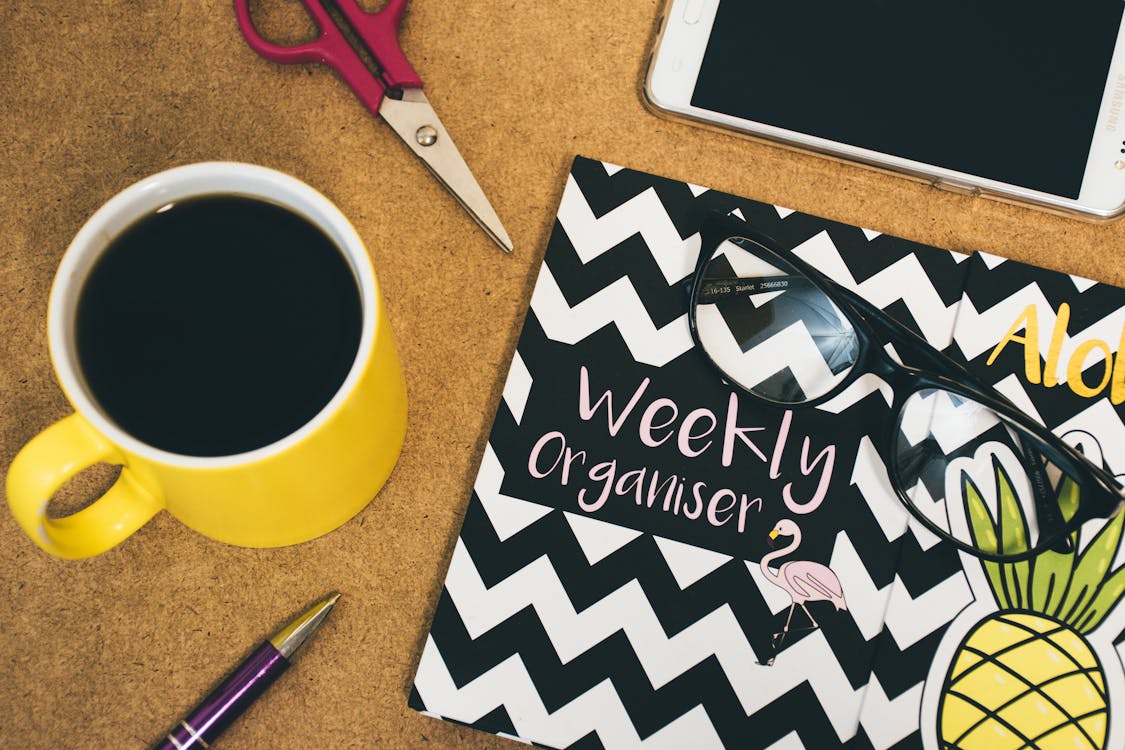Decluttering – When Emotional Clarity is the Real Breakthrough
Some feelings don’t leave because they’re waiting to be met.
In healthcare, we treat visible wounds. We stabilize, soothe, and contain.
But what about the pressure that lingers inside?
The emotional static after a rupture. The heaviness after doing 'the right thing.'
The echo of unprocessed moments — unresolved and recurring.
Decluttering is a structured protocol that can only be learned and applied with Aid-One. The Aid-One device is not just an accessory — it's the instrument the protocol plays upon. Each rhythm, each touch, each response — forms the melody of release.
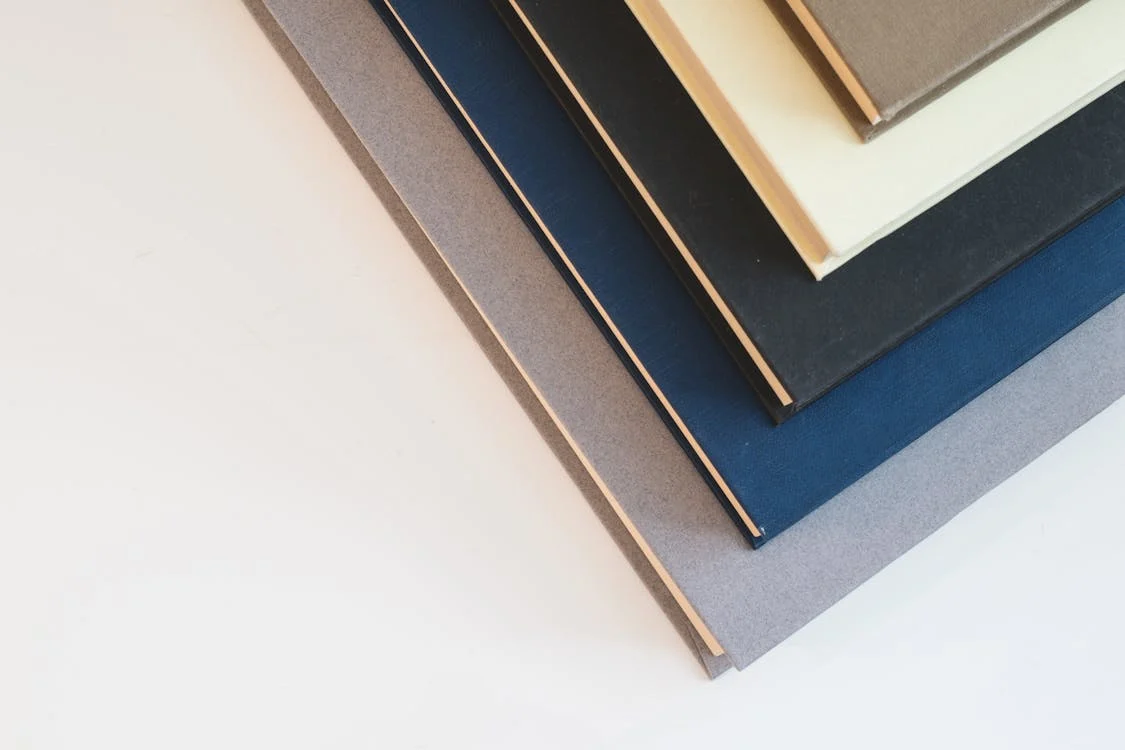
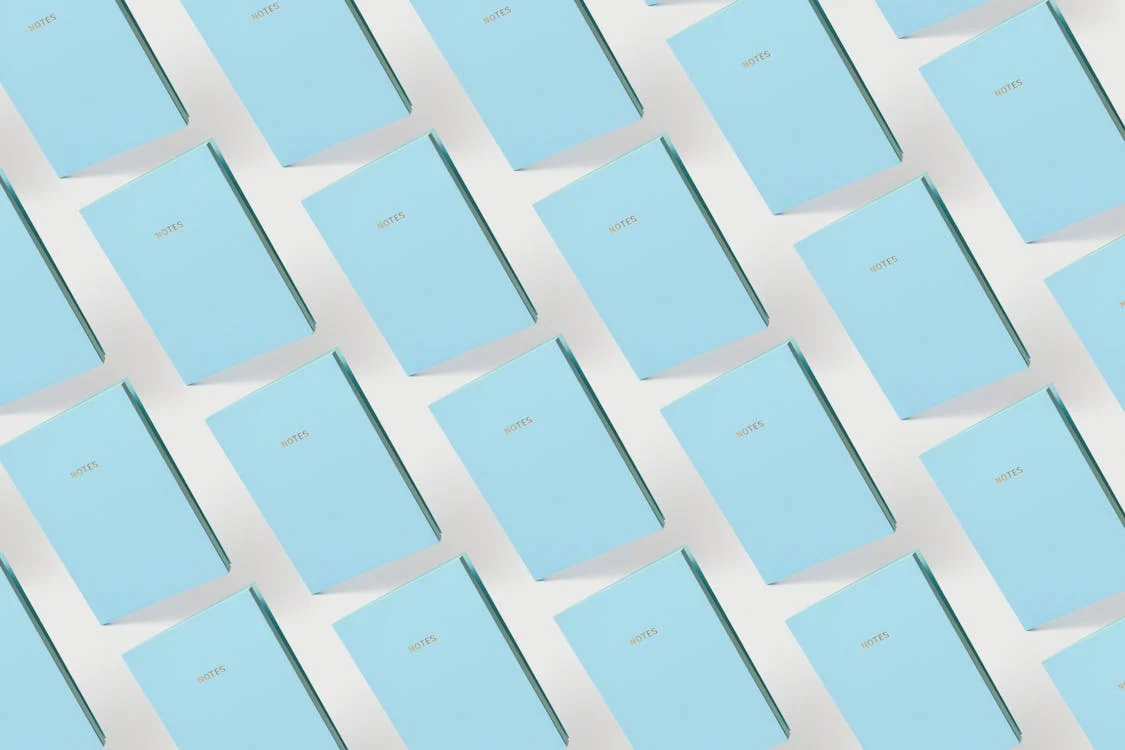
Decluttering I – For professionals in healthcare, coaching, and crisis intervention
You stand at the front line of emotional overload. You support without always having the tools to intervene. Decluttering I gives you a method — haptic, precise, and ethically grounded. With Aid-One in hand, you guide people through current stressors — a recent loss, an overwhelming decision, a somatic overload. You don’t treat the past. You meet the now — and help untangle it.
Decluttering I is a pre-therapeutic intervention, allowing you to work at depth — without crossing clinical lines. You don’t need to be a therapist to make a difference. But you do need a steady hand, and the Aid-One to hold it.
Decluttering II – For licensed psychologists and trauma therapists
When emotional patterns point backward, not just inward — we need a deeper protocol. Decluttering II extends the same haptic structure into early memories, identity wounds, and trauma traces. It’s an advanced practice, reserved for those with diagnostic insight and clinical containment skills.
Why the distinction?
Because you don’t play symphonies on instruments you haven’t learned to hold.
And because holding the past — safely — requires more than empathy. It requires preparation.
Decluttering II is your way of playing the Aid-One with complexity and finesse —
bringing forgotten emotions to surface and resolution.
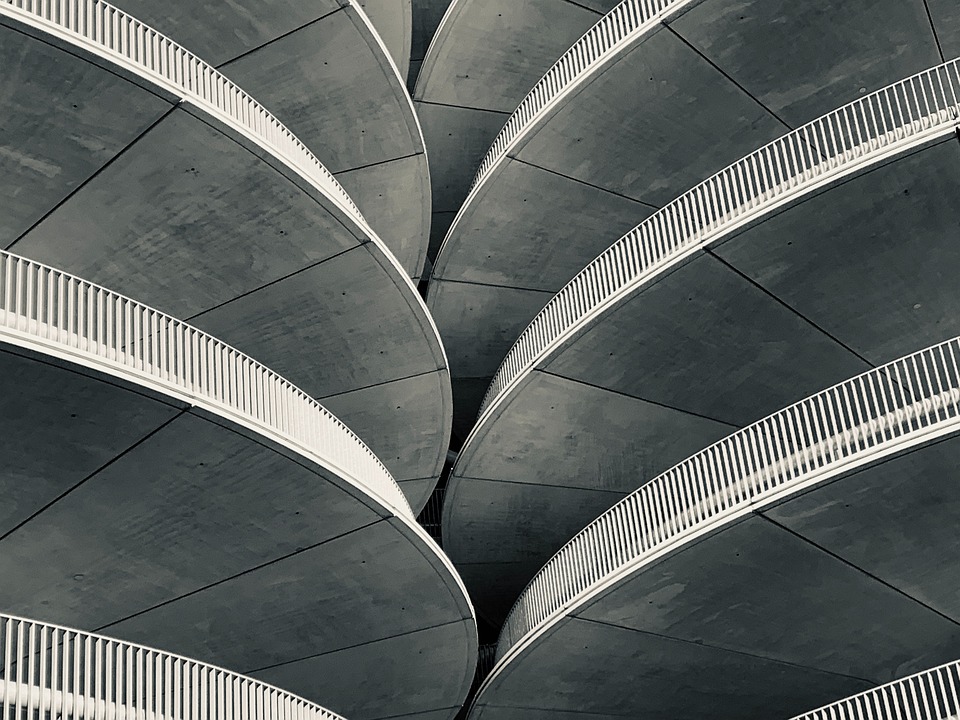
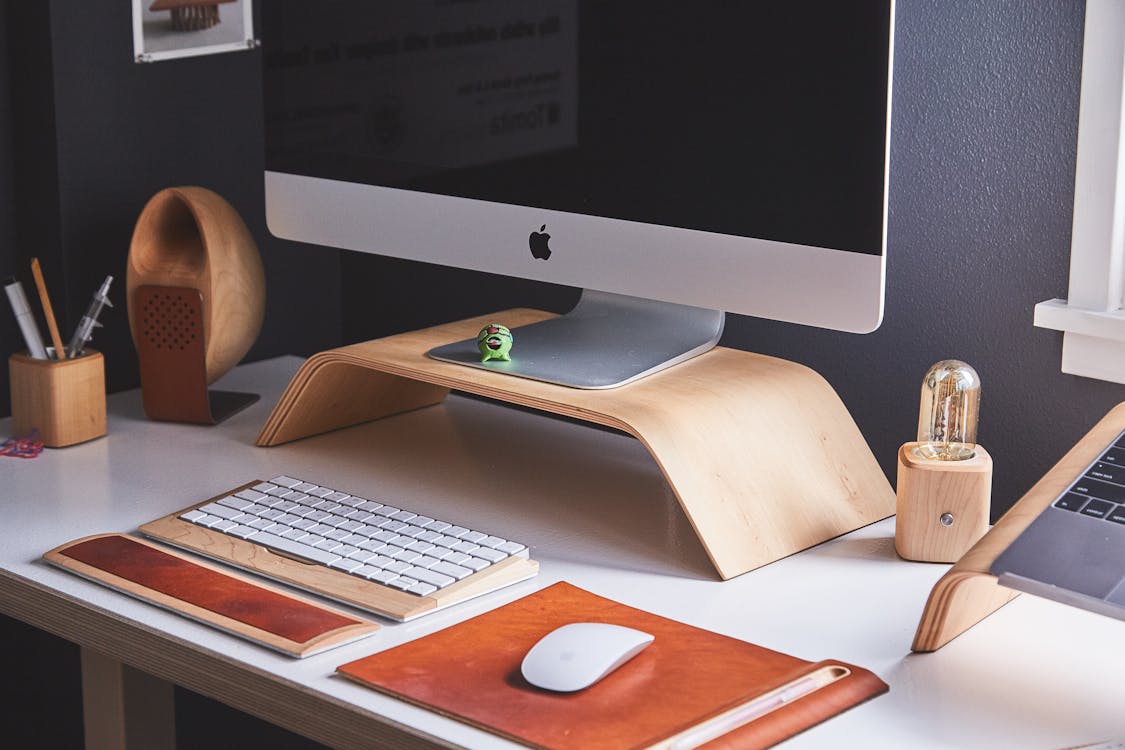
Aid-One is Not Optional — It Is Central
Decluttering is built around Aid-One — not beside it. You don’t learn the method without the device. Because rhythm, repetition, and haptic resonance are not a metaphor — they’re the medium.
The Aid-One is the instrument. You bring the melody.
A Personal Note to Those Who Give — Again and Again
You show up when others back away. You stand steady when emotion floods the room. And at the end of the day, you carry the impact. With Aid-One, you don't just help others regulate — you have the option to recover yourself. After a long session. After a tough conversation. After a day that asked too much.
Because caregivers need care too.
Because tomorrow will ask again.
And because you deserve to meet that tomorrow not drained — but ready.
Decluttering is not just a method. It’s a way to stay whole while holding others.
Aid-One is not just a tool. It’s how your care can carry further — and return to you.
